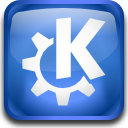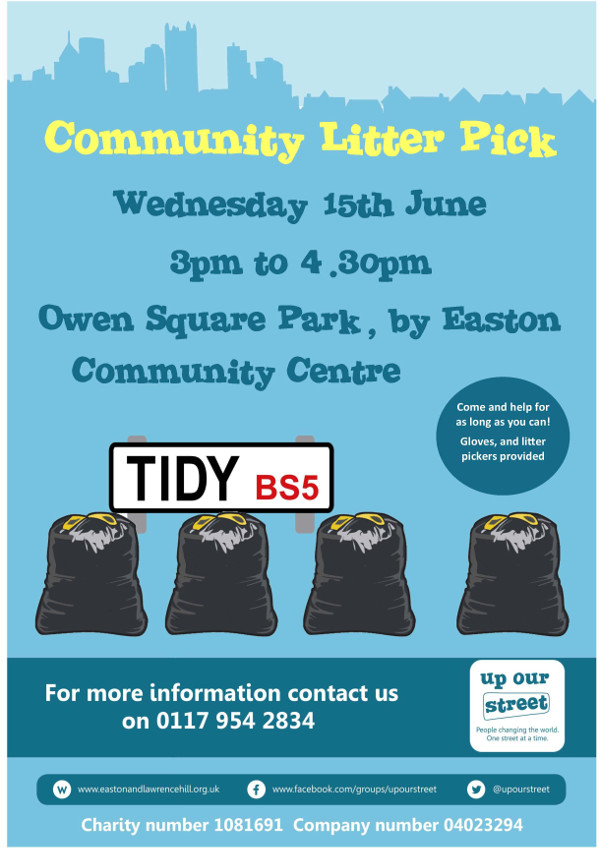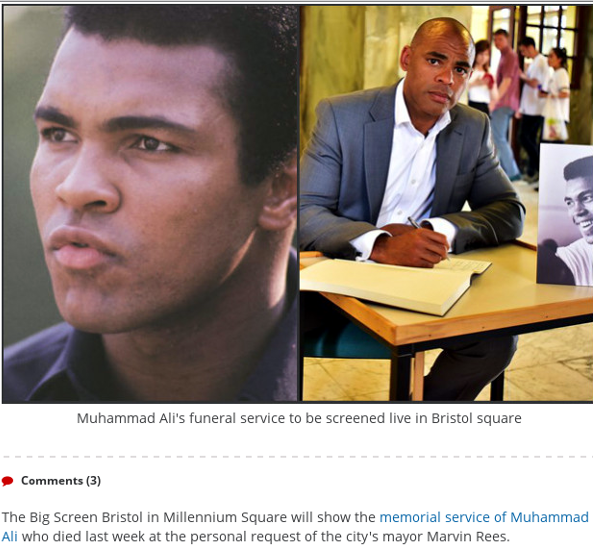Yesterday The Document Foundation, the organisation behind the free and open source LibreOffice suite, announced that GNOME Foundation and KDE e.v. have joined the Advisory Board of The Document Foundation (TDF).

In a reciprocal move to consolidate their relationships, TDF also acquired seats on the boards of both the GNOME Foundation and KDE.
These reciprocal arrangement with the GNOME Foundation is intended to create stronger ties between the two communities and to foster the integration between LibreOffice and one of the most popular desktop environments for Linux.
 GNOME is a desktop environment that is composed entirely of free and open source software, targeting Linux but also supported on most derivatives of the BSD operating system. Since the release of GNOME 3.0, the GNOME Project has focused on the development of a set of programs known as the GNOME Core Applications, for the adherence to the current GNOME HUD guidelines and the tight integration with underlying GNOME layers.
GNOME is a desktop environment that is composed entirely of free and open source software, targeting Linux but also supported on most derivatives of the BSD operating system. Since the release of GNOME 3.0, the GNOME Project has focused on the development of a set of programs known as the GNOME Core Applications, for the adherence to the current GNOME HUD guidelines and the tight integration with underlying GNOME layers.
The GNOME Foundation is a non-profit organisation that furthers the goals of the GNOME Project, helping it to create a free software computing platform for the general public that is designed to be elegant, efficient and easy to use.
 KDE has been creating free software since 1996 and shares a lot of values in respect of free software and open document formats with The Document Foundation. In addition, it brings the experience of running a free software organization for almost two decades to the TDF advisory board.
KDE has been creating free software since 1996 and shares a lot of values in respect of free software and open document formats with The Document Foundation. In addition, it brings the experience of running a free software organization for almost two decades to the TDF advisory board.
Both TDF and KDE are involved in the OASIS technical committee for the Open Document format (ODF), as well as collaborating on common aspects of development of office software, such as usability and visual design. The affiliation of KDE and The Document Foundation at an organizational level will help progress the shared goal of giving end users control of their computing needs through free software.

 GNOME is a desktop environment that is composed entirely of free and open source software, targeting Linux but also supported on most derivatives of the BSD operating system. Since the release of GNOME 3.0, the GNOME Project has focused on the development of a set of programs known as the GNOME Core Applications, for the adherence to the current GNOME HUD guidelines and the tight integration with underlying GNOME layers.
GNOME is a desktop environment that is composed entirely of free and open source software, targeting Linux but also supported on most derivatives of the BSD operating system. Since the release of GNOME 3.0, the GNOME Project has focused on the development of a set of programs known as the GNOME Core Applications, for the adherence to the current GNOME HUD guidelines and the tight integration with underlying GNOME layers. KDE has been creating free software since 1996 and shares a lot of values in respect of free software and open document formats with The Document Foundation. In addition, it brings the experience of running a free software organization for almost two decades to the TDF advisory board.
KDE has been creating free software since 1996 and shares a lot of values in respect of free software and open document formats with The Document Foundation. In addition, it brings the experience of running a free software organization for almost two decades to the TDF advisory board.




